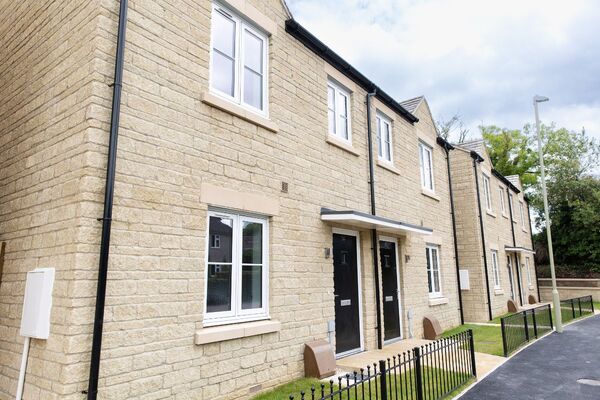You are viewing 1 of your 1 free articles
Governance downgrades for two landlords in latest batch of regulatory judgements
Two landlords have had their governance ratings downgraded by the English regulator in the latest round of regulatory judgements released today.
YMCA St Paul’s Group (SPG), which owns and manages around 1,200 mostly supported housing units in the South of England, received a downgrade from G1 to G2 from the Regulator of Social Housing (RSH).
Worcestershire-based landlord Bromsgrove District Housing Trust (BDHT), which owns and manages around 4,300 properties in and around the town of Bromsgrove, was also downgraded from G1 to G2.
While both housing associations retained their existing V2 ratings for financial viability, the regulator changed its basis for the grades amid concern over the landlords’ limited financial headroom.
This means both have risks they will need to manage to ensure compliance.
A third landlord also received a narrative judgment from the RSH. 7,000-home landlord Acis Group, which covers the East Midlands, South Humberside and South Yorkshire regions, retained its existing ratings of G1 and V2.
However, like BDHT and YMCA SPG, the regulator changed the basis of Acis’ viability grade. It said the landlord was reliant on income generated from its sales programme and student housing business to maintain covenant compliance and its financial headroom remains “relatively low”.
The RSH said that coupled with the current economic uncertainty, this was reducing Acis’ capacity to respond to adverse scenarios, as demonstrated in its own stress-testing.
Acis’ viability rating was changed to V2 in 2017 after interest cover and covenant headroom fell due to a “significant increase” in major repair costs.
YMCA SPG has held a G1 rating for governance since 2021, when it was upgraded from its initial G2 rating given to the association as part of its first regulatory judgement since its formation in 2018.
Explaining its reasons for lowering the rating back down to G2, the RSH said its assessment had identified gaps in the board’s oversight of stress-testing, risk management and delivery of the strategic plan outcomes.
It also said board reporting needs to be strengthened to facilitate adequate oversight and challenge of performance.
As for its financial viability, the regulator said while YMCA SPG has the financial capacity to deal with “some exposures”, the landlord has material risks and needs to manage these to support continued compliance.
In response to the judgment Richard James, CEO of YMCA St Paul’s Group said he was pleased the provider continued to meet the regulator’s governance and viability standards.
"The last few years have seen us navigate Covid, labour shortages, energy bills tripling alongside high interest and inflation, throughout this period we have continued to provide safe, secure and supportive places for our young and vulnerable residents.
"We welcome the feedback from the In Depth Assessment which recognised our strengths as well as identifying areas for improvement. We will now work with the regulator, the board, our staff and residents to ensure that these gaps are addressed”.
Meanwhile, the judgment for BDHT said the association’s rating was downgraded to G2 as it “needs to improve” aspects of its governance arrangements and strengthen its board to improve its capacity for providing strategic oversight and effective scrutiny of its increased financial risk profile.
The RSH said BDHT has “material risks and exposures” that it needs to manage and is reliant on sales surpluses to remain compliant with covenants.
“Delivery of this investment reduces Bromsgrove’s covenant headroom. Coupled with economic uncertainty in relation to inflation and interest rates, this impacts its capacity to respond to adverse events,” the judgment said.
Mary Miller, chair of BDHT, said: “We recognise that in the challenging circumstances that the sector is facing, we need to improve the strength and depth of our governance arrangements. We have had a constructive and positive dialogue with the regulator and we are working with them to give them the assurance they require.”
Greg Bacon, chief executive of Acis, said: “Following a recent in depth assessment by the Regulator of Social Housing, Acis’ regulatory judgement remains unchanged at G1:V2. We continue to meet the exacting regulatory standards which recognises our commitment to good governance and the financial challenges facing the sector and the country as a whole.”
Sign up to the Regulation and Governance Conference
A brand new housing sector conference shining a light on changing regulation and best practice governance – from financial and ethical governance, to ensuring a fair and good service for tenants.
Bringing together 250 UK housing governance professionals in one setting for the first time, this event is an unmissable opportunity to kick-start critical discussions around regulatory policy, tenant satisfaction, accountability, transparency and financial risk management.












